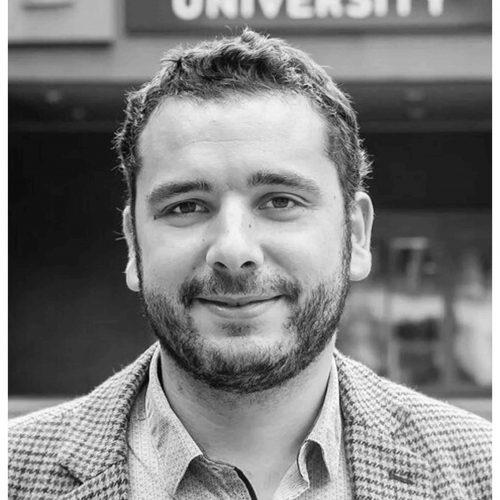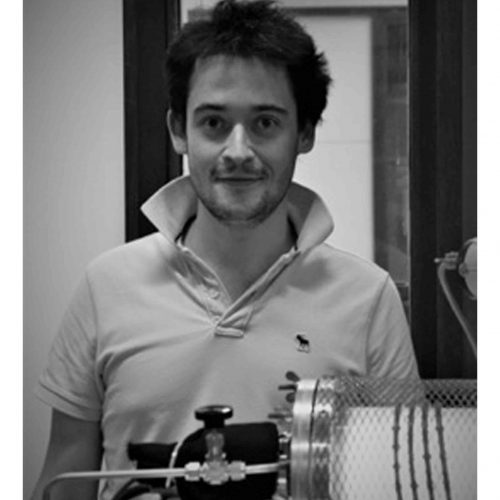11 December 2019
Chair: Dr. Alexandre Nomine, ITMO University
With the 150th Anniversery of Mendeleiev’s table, Material science is on the spotlight. Since then, impressive progress has been made in this field as shown by the ‘Million bar’ overcome in the Cambridge Structure Database. However, materials science is nowadays under pressure. Resources are not infinite and their sustainability is already a matter of concern for Rare-Earth and TCO industries. Devices of all kinds have to be always more performant and Materials Science is a cornerstone to respond this challenge.
The rapid development of Computational Material Science has given rise to new approaches to solve those challenges. If Mendeleiev could predict the existence of, to-date unknown atoms, nowadays new complex crystallographic structures are discovered computationally on a daily basis which expands the field of possibilities.
New materials are also discovered experimentally, especially thanks to the emergence of non-equilibrium processes (based on plasmas, lasers, ultrasounds etc…) that provide extreme conditions of temperature and pressure unachievable with conventional processes.
This special session aims at bringing together ‘materials discoverers’ regardless their research field. Any contribution willing to answer one or several of the following questions is welcome:
- How can computational material science change our approach beyond the intuition and the trial-error?
- How non-equilibrium synthesis processes give birth to new nanomaterials?
- Could those new nanomaterials overcome the existing one and find their place in real world applications (performance, sustainability, eco-friendliness)?
- How can the new families of Materials (Quasicrystals, High-Entropy Alloys, Metal-Organic Frameworks) change our vision of Material Science?
Speakers are expected to present inspiring, potentially provocative, talks presenting both their results as well as their personal views on the potential progress pathways.

